The more popular beets have become, the more people are convinced that they may be classified as a superfood. And why not when beets provide an amazing array of health benefits and are chock-full of nutrients to boot?
Beets are flexible in preparation because they can be boiled, steamed, roasted, pickled, or simply eaten raw. But have you noticed something unusual right after you’ve had them? Does eating beets make your poop red? Yes, it does, and there’s a perfectly sensible explanation for this.
Beets: Background Info
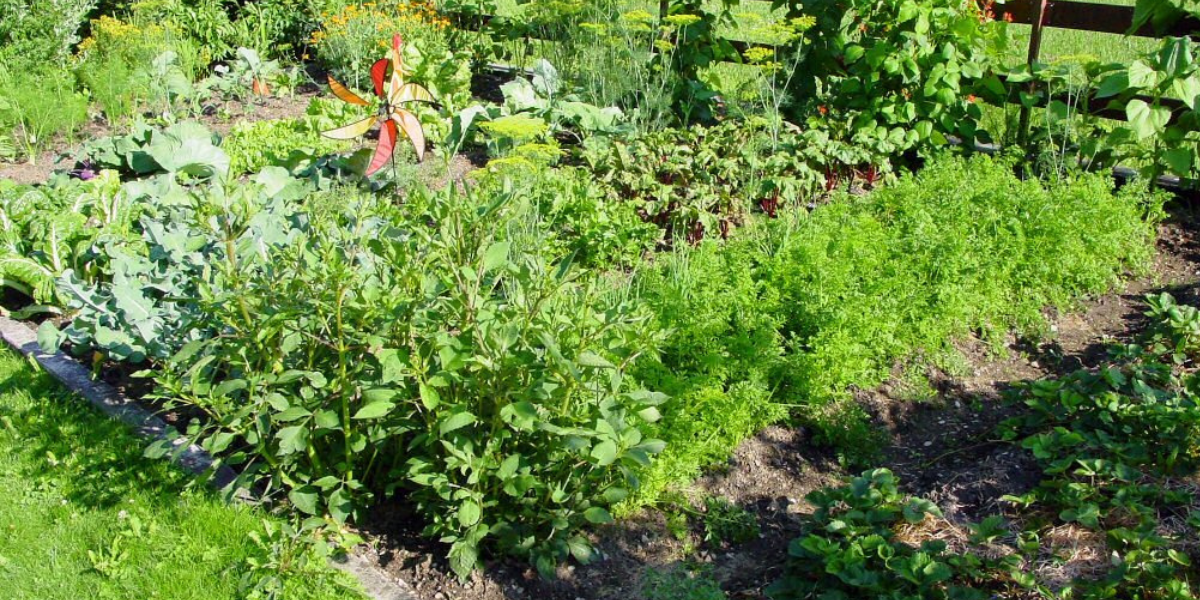
But before that, let us first discuss a bit about the origins of beets. Beets (Beta vulgaris), otherwise known as the common beetroot, were first used as a food source by Mediterranean people in 2000 BC. They were also used by the Ancient Romans to treat a variety of ailments such as fever, constipation, headaches, toothaches, and wounds.
Although we know beets to be red, they actually come in a variety of colors including white, golden yellow, scarlet red, and the pink and white striped ‘candy cane’. Each one has its own characteristic flavor and nutrient profile. In addition, all the parts of the beet are edible, from the bulb to the stem to the leaves.
Beets are one of the most nutrient-dense root vegetables around. They are low in calories and fat but high in essential vitamins and minerals needed by your body. Here is an overview of the nutritional value contained in a 100-gram (3.5-ounce) serving of boiled beets:
Calories 44
Sugars 7.96 g
Fat 0.2 g (0% DV)
Carbs 10 g (3% DV)
Protein 1.68 g (3% DV)
Fiber 2 g (8% DV)
Copper .074 mg (3% DV)
Manganese .326 mg (14% DV)
Iron .79 mg (4% DV)
Calcium 16 mg (2%)
Potassium 305 mg (7% DV)
Magnesium 23 mg (6% DV)
Zinc .35 mg (2%)
Sodium 77 mg (3% DV)
Phosphorus 38 mg (4%)
Vitamin C 3.6 mg (4% DV)
Vitamin B6 0.67 mg (4% DV)
Folate 80 ug (20% DV)
Selenium .7 ug (2% DV)
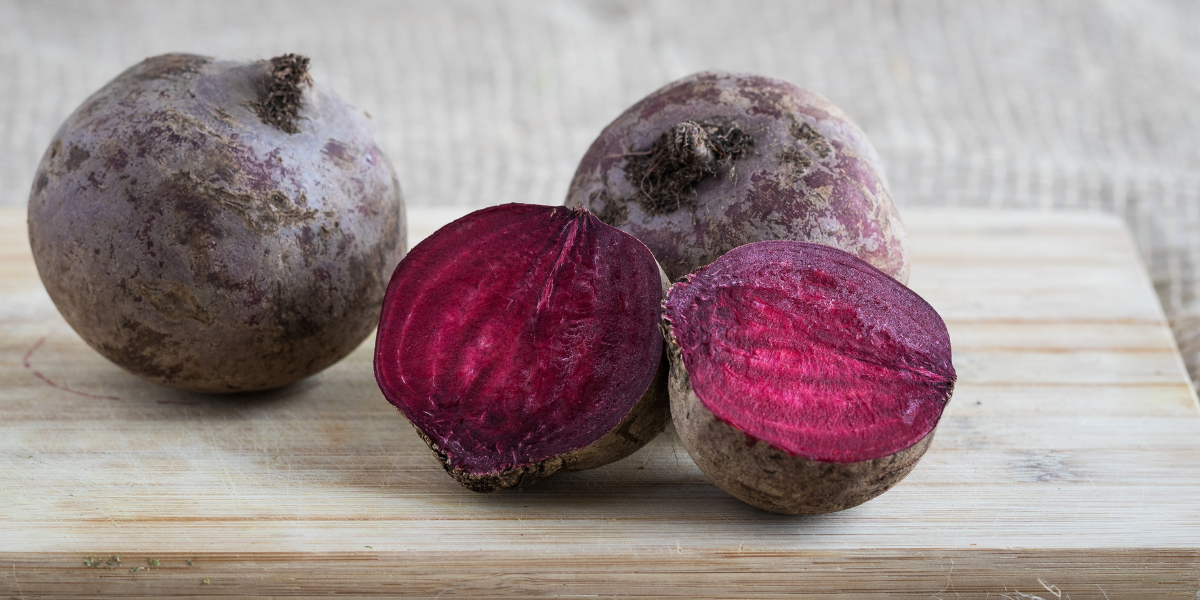
The wide variety of nutrients contained in beets also enable them to provide numerous health benefits which include:
- Promotes healthy digestion
- Helps balance energy intake
- Improves outcomes in liver disease
- Supports weight loss
- Increases insulin sensitivity
- Lowers blood pressure
- Boosts endurance
- Fights inflammation
- Improves heart health
- Has anti-cancer properties
- Lowers risk of cancer
- Enhances brain function
Does Eating Beets Make Your Poop Red?

The blood-red color and rich earthy aroma of beets may seem intimidating to some, but its impressive nutrient profile more than makes up for its appearance. To make full use of its nutritional and health benefits, you can incorporate beets into your diet by using them for salads, dips, and juices, or simply eat them roasted. However, eating this vibrant root vegetable can have certain consequences. Does eating beets make your poop red? It certainly does!
Some food and drinks can be so brightly-hued that, after undergoing the whole digestive process, the waste still has remnants of the original color. Either that or the food colorants may interact with the bile in your stomach to produce a totally different color!
Just like how eating blue tortilla chips can cause your poop to turn green, or eating Oreos can make you produce black stool, so can eating beets and drinking beet juice make your poop and urine red. Or at least give them a slightly reddish or pink tinge.
What Causes The Color Change?

This condition when your urine or poop turns a reddish or pinkish color is known as “beeturia”. Although beeturia may look quite alarming, it is really nothing to worry about as it is just one of the side effects of consuming beets, especially the juice which contains pigments of beetroot.
Beeturia is prevalent in about 14% of the population, particularly in those with iron deficiency, and urine or stool color may range from pink to deep red. Raw beet juice results in a dark pink or dark red color. However, when the beets are cooked, their color may become a lighter shade of pink or red. But what causes this color change?
The culprit is ‘betanin’, a compound found in beets that gives it its red pigment. Some people have trouble breaking down this pigment and, after consuming beets, the betanin passes through the gastrointestinal and urinary tract almost unchanged. When the betanin residue is excreted by the body, they end up as either pink or red urine and stool.
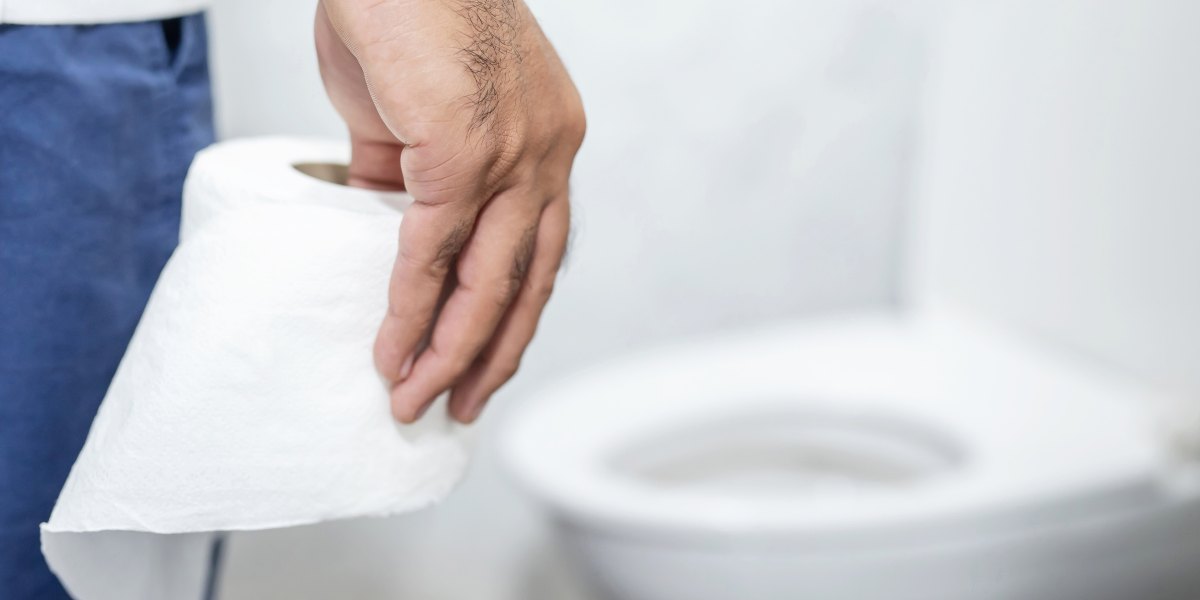
Although beeturia is not normally a cause for concern and disappears on its own, the urine or stool discoloration may be a precursor of another underlying health condition, and here are some of them:
-
Iron Deficiency Anemia
Having pink or red urine and poop right after eating beets can be a symptom of iron deficiency anemia which occurs when you lack sufficient red blood cells to transport oxygen to the different parts of your body.
A study revealed that beeturia has the tendency to happen to around 66 to 80 percent of people suffering from untreated iron deficiency anemia since this condition may interfere with your body’s ability to absorb certain pigments.
-
Low Stomach Acid
Sometimes, low stomach acid or hypochlorhydria is also to blame when beeturia happens. Stomach acid enables your body to digest and absorb vitamins, minerals, and other nutrients. Low acid levels also hamper your ability to metabolize the red pigment in beetroot resulting in pink or red urine and stool.
-
Blood In The Urine Or Stool
If you continue to produce pink or red urine and stool even when it has been days since you have last eaten beets, then this is the time to be concerned. Blood in the urine or stool has to be immediately diagnosed and treated as it could be indicative of a serious health condition.
A Word Of Caution About Beets
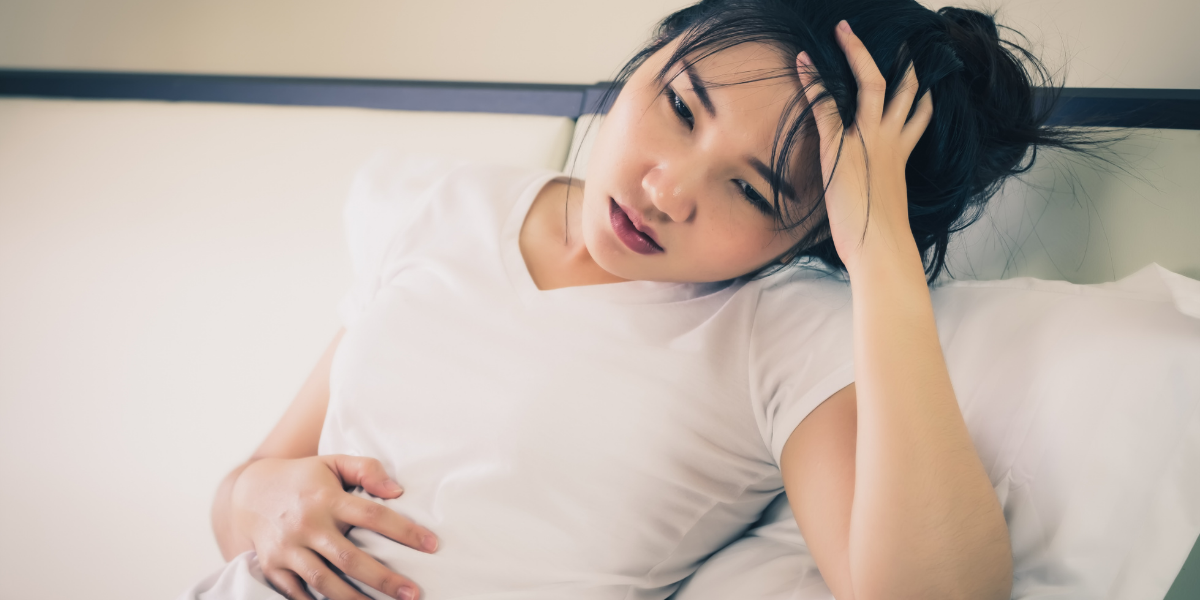
One thing you need to consider is that even the healthiest foods can have side effects, and beets are no exception. Here are some of them:
- Hypotension
- Mild allergic reactions
- Stomach upset
- Kidney stone formation
- Delayed calcium absorption
- Fatigue or dizziness in pregnancy
Beets have high levels of oxalates which is a type of compound found naturally in certain foods that promote the formation of kidney stones. If you are prone to kidney stones, it is always a good idea to eat beets in moderation. Moreover, oxalates have antinutrient properties which means that they can impede the body’s ability to absorb micronutrients.
Sum And Substance
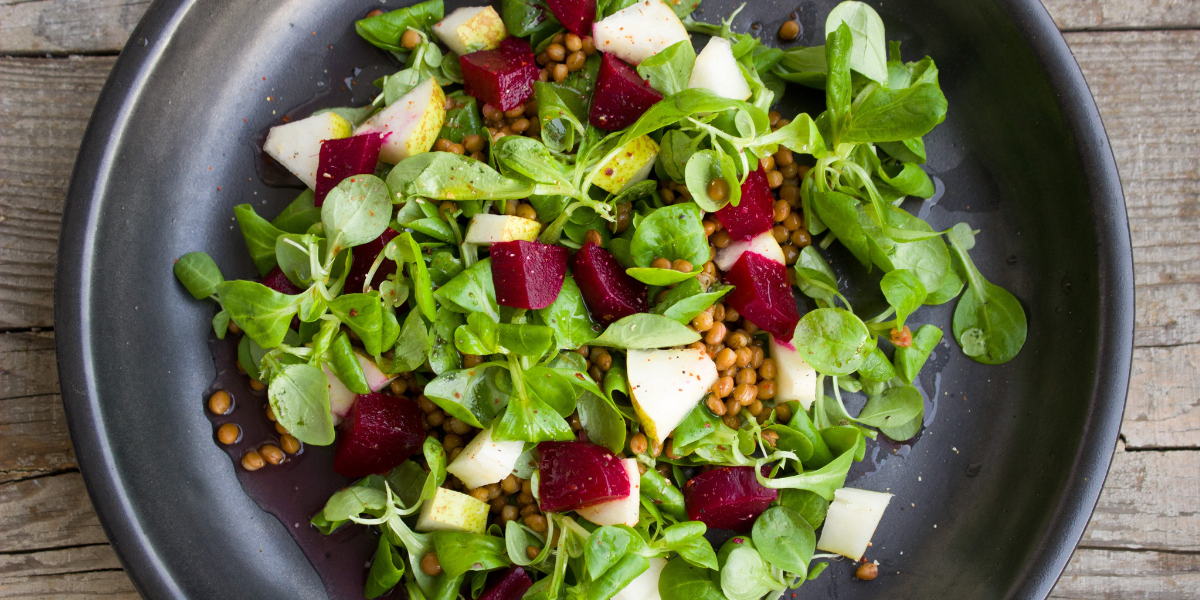
Any abnormalities in your waste and body secretions can be alarming especially when they are in the form of pink or red urine and stool. Even if you have been noticing this happening every time you eat beets, you should consult with your doctor if this continues even when you have not had beets for several days. You have no way of determining whether the discoloration was caused by blood and it is better to be safe than sorry.
Otherwise, if you experience urine and stool discoloration after consuming beets, then everything should be fine. Does eating beets make your poop red? You bet it does!

